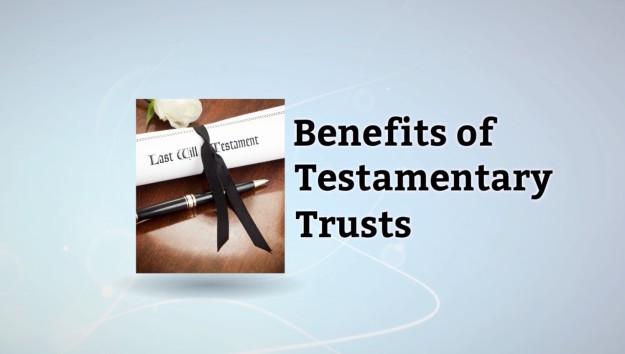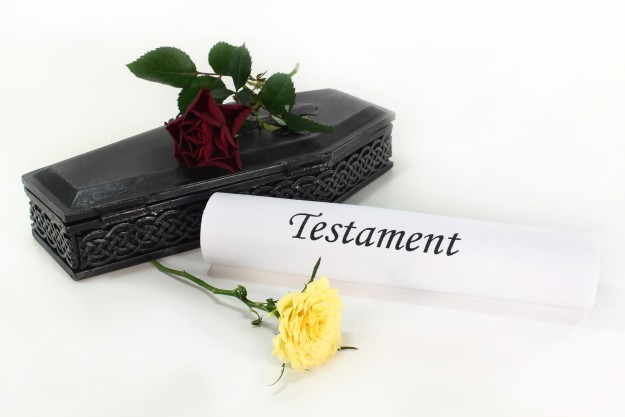What Are Testamentary Trusts?
You can think of a trust as a kind of legal-container, in which assets are held safely for the benefit of one or more people. A testamentary trust is setup in a Will, which appoints one or more trustees to distribute income & capital to beneficiaries over time and with certain guidelines in place.
This offers several benefits over standard Wills. Incorporating a testamentary trust into your Will is not relevant in every situation, but our specialist Adelaide estate planning law firm can help you determine if this legal measure would be of benefit to you and your loved ones.
How a Testamentary Trust Works
There are different types of testamentary trusts. A discretionary testamentary trust generally names a class of beneficiaries from which the trustee can choose to distribute, meaning that the trustee controls the assets and maintains legal protections for them until they are distributed to the end-beneficiary. Sometimes the trustee only distributes income from invested assets to one class of beneficiaries, keeping the capital distribution for a separate class of beneficiaries. In this way, the income-benefit of an asset can be given to a person, without them (or their “predators and creditors” being able to get their hands on the underlying asset.






